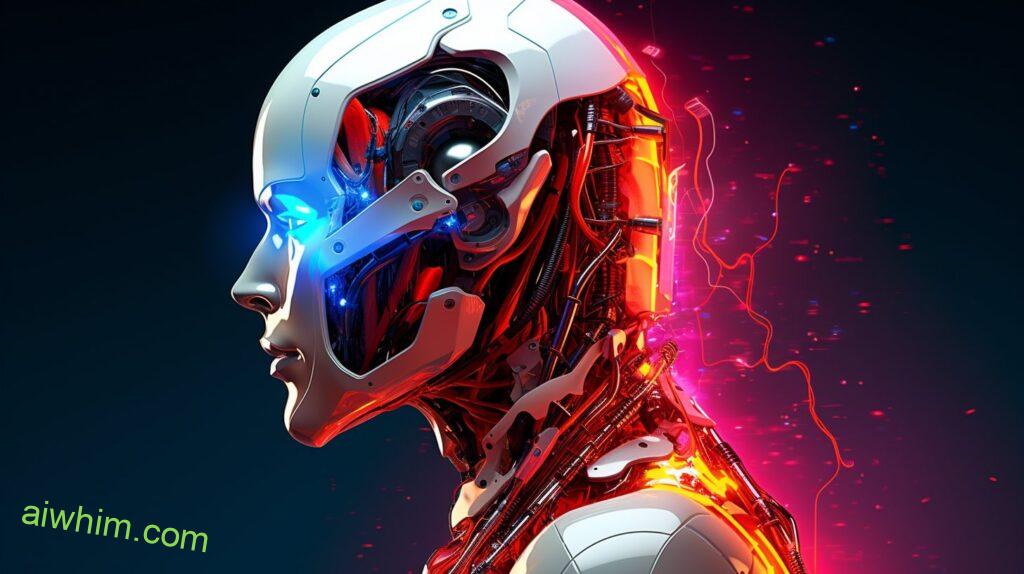Have you ever imagined a world where AI takes on the role of detectives and criminal investigators? It may seem like something out of a sci-fi novel, but with the rapid advancements in artificial intelligence, this could be a reality sooner than you think.
AI has the potential to revolutionize the field of criminal investigation, offering advantages such as detecting patterns and analyzing vast amounts of data. However, there are also limitations and ethical considerations to keep in mind.
Let’s explore the potential of AI in replacing detectives and criminal investigators.
Key Takeaways
- AI algorithms in criminal investigation have the potential to efficiently and accurately analyze evidence, process large amounts of data quickly, and detect patterns and anomalies.
- While AI has the ability to enhance transparency and fairness in the justice system, it also presents limitations and challenges such as limited contextual understanding, ethical implications of biased training data, and struggles to adapt to unpredictable situations.
- The responsible use of AI in criminal investigation requires addressing privacy concerns, ensuring algorithmic transparency, and balancing technology with individual rights and ethical considerations.
- The future potential of AI in criminal investigation includes increased efficiency and success rates for investigators, collaboration between AI and human investigators, proactive crime prevention, and a more equitable criminal justice system through AI.

The Evolution of AI in Criminal Investigation
You might be surprised by the rapid evolution of AI in criminal investigation. Over the years, AI algorithms have advanced significantly, revolutionizing the way evidence is analyzed and ultimately impacting the outcome of criminal cases.
The evolution of AI algorithms has led to a more efficient and accurate analysis of evidence, benefiting both law enforcement agencies and individuals seeking justice.
AI’s impact on evidence analysis has been profound. With the help of AI algorithms, investigators can now process vast amounts of data in a fraction of the time it would take a human. This has greatly improved the speed and accuracy of evidence analysis, allowing investigators to uncover crucial information that may have otherwise been missed.
Furthermore, AI algorithms have the ability to detect patterns and anomalies in data that may not be apparent to the human eye. This can be particularly useful in identifying connections between seemingly unrelated pieces of evidence, leading to breakthroughs in solving complex cases. Additionally, AI can analyze digital evidence such as surveillance footage, fingerprints, and DNA samples, providing valuable insights that can assist investigators in their pursuit of justice.
The evolution of AI in criminal investigation also has the potential to enhance the transparency and fairness of the justice system. By relying on AI algorithms for evidence analysis, human biases can be minimized, ensuring a more impartial and objective evaluation of the evidence. This is crucial in promoting a justice system that values freedom and equality for all.
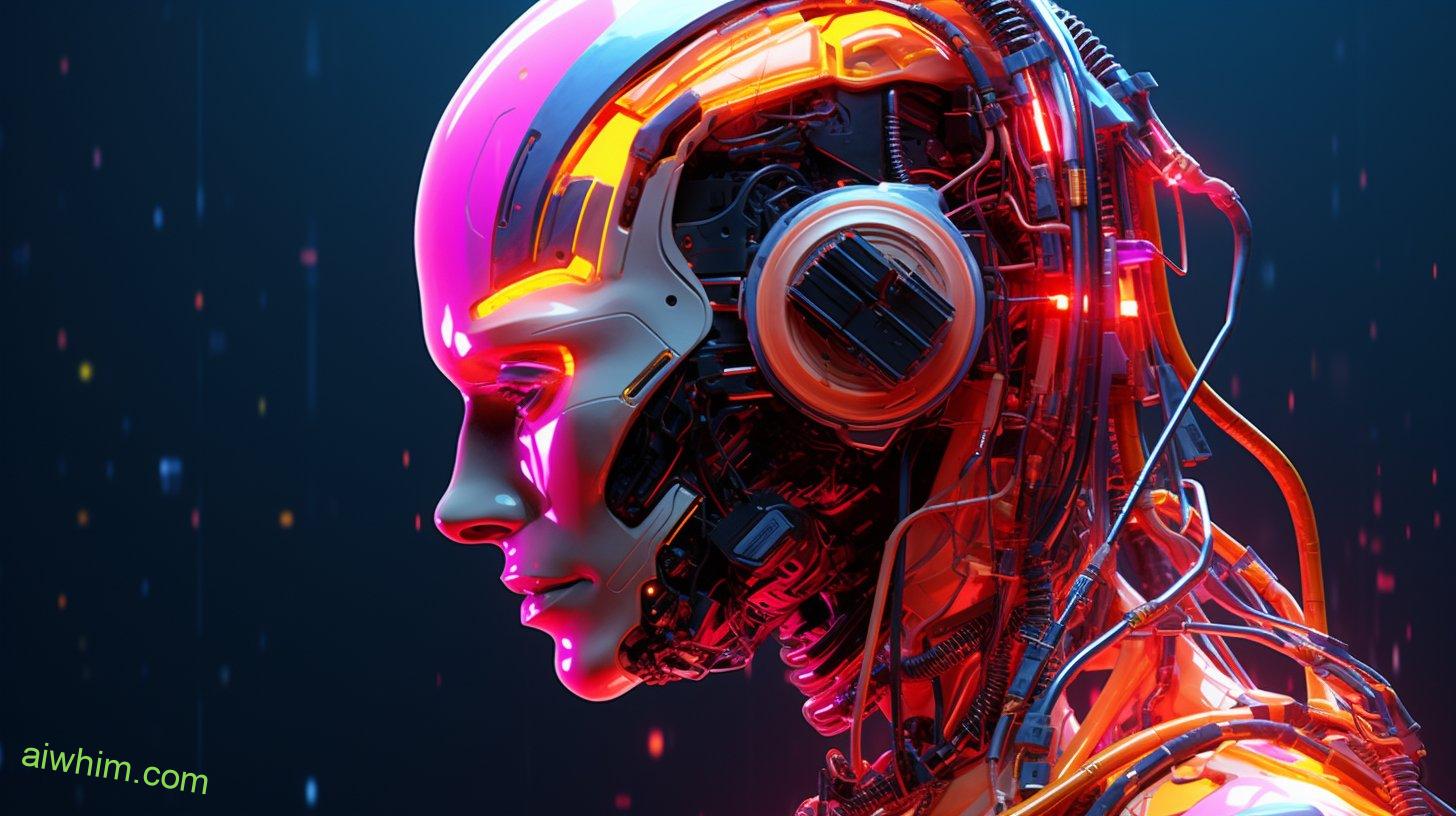
AI’s Role in Solving Crimes
If solving crimes efficiently is your goal, consider the potential impact of AI on the investigative process.
AI, or Artificial Intelligence, has revolutionized many industries, and the field of criminal investigation is no exception. With its advanced algorithms and machine learning capabilities, AI has the potential to play a crucial role in solving crimes and bringing criminals to justice.
Here are three ways AI can enhance the investigative process:
- AI’s role in forensic analysis: AI can analyze vast amounts of forensic data, such as fingerprints, DNA samples, and surveillance footage, much faster and more accurately than humans. By applying pattern recognition algorithms, AI can identify potential matches and connections that might’ve been missed by human investigators. This not only speeds up the analysis process but also increases the chances of finding vital evidence.
- AI’s impact on investigative decision making: AI can assist investigators in making informed decisions by providing them with data-driven insights. By analyzing crime patterns, past cases, and other relevant information, AI algorithms can generate hypotheses, suggest potential leads, and even predict criminal behavior. This empowers detectives and investigators to make more effective decisions, allocate resources efficiently, and prioritize their efforts.
- AI’s assistance in information retrieval: With the vast amount of digital data available today, finding relevant information can be a daunting task for investigators. AI-powered tools can assist in searching and analyzing complex databases, social media platforms, and other online sources to retrieve valuable information related to a case. This not only saves time but also ensures that no crucial piece of evidence goes unnoticed.
As AI continues to evolve and improve, its potential to revolutionize the field of criminal investigation is immense. By leveraging AI’s capabilities in forensic analysis, decision making, and information retrieval, investigators can enhance their efficiency, increase their success rates, and ultimately bring justice to the victims and communities they serve.

Advantages of AI in Detecting Patterns and Analyzing Data
By leveraging AI’s capabilities, you can enhance your ability to detect patterns and analyze data more efficiently. AI offers numerous advantages in analyzing data, making it a valuable tool in the field of criminal investigation. With AI, you can process vast amounts of data in a fraction of the time it would take a human detective. This means you can quickly identify connections and patterns that might otherwise go unnoticed. AI algorithms can sift through mountains of information, such as criminal records, social media posts, and surveillance footage, to find relevant evidence and potential leads.
One of the key advantages of AI in analyzing data is its ability to identify patterns that humans might miss. AI algorithms are trained to recognize even the subtlest connections between different pieces of information. This can be particularly helpful in uncovering hidden relationships or uncovering patterns that might indicate criminal activity. By using AI, you can uncover insights that would have taken a human detective weeks or even months to discover.
Furthermore, AI can also help in analyzing data by automating repetitive tasks. This frees up your time to focus on more complex and critical aspects of the investigation. Instead of spending hours manually going through documents or recordings, AI can quickly sort and filter information, presenting you with the most relevant and significant data. This not only saves time but also reduces the chances of human error.
Incorporating AI into your investigative process can significantly enhance your ability to analyze data and detect patterns. The speed, accuracy, and efficiency of AI algorithms make it a valuable tool for any detective or investigator. So, embrace the advantages of AI and let it empower you to uncover the truth and fight for justice.
| Advantages of AI in Analyzing Data | Emotional Response |
|---|---|
| Rapidly process vast amounts of data | Amazement |
| Identify subtle patterns and connections | Excitement |
| Automate repetitive tasks | Relief |
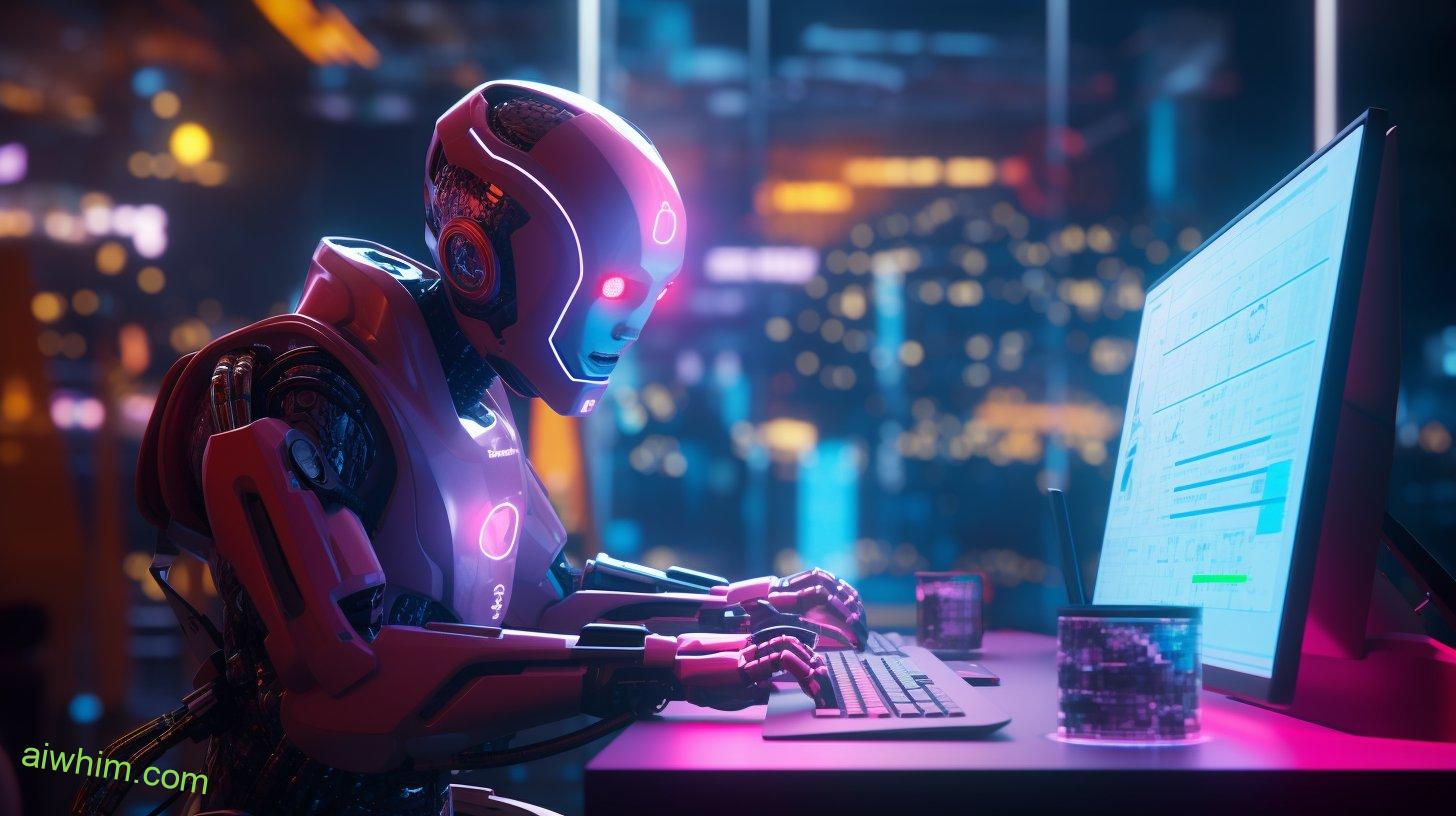
Limitations of AI in Complex Criminal Cases
In complex criminal cases, it’s important to be aware of the limitations AI may have in analyzing data and detecting patterns. While artificial intelligence has made significant advancements in the field of law enforcement, it still has its drawbacks when it comes to complex cases.
Here are three limitations you should consider:
- Limited Contextual Understanding: AI systems rely on data analysis and algorithms to detect patterns and make predictions. However, they often lack the ability to understand the broader context of a criminal case. Human detectives can draw upon their experience, intuition, and cultural knowledge to uncover hidden connections and motivations that AI may miss.
- Ethical Implications: AI algorithms are only as good as the data they’re trained on. If the training data is biased or incomplete, it can lead to discriminatory outcomes. In complex criminal cases, where the stakes are high, relying solely on AI could result in unfair judgments and violations of due process. Human investigators, on the other hand, can exercise judgment and consider the ethical implications of their actions.
- Unpredictable Situations: Complex criminal cases often involve unpredictable situations and ever-evolving strategies by criminals. AI systems may struggle to adapt to these dynamic scenarios, as they’re designed to work within predefined parameters. Human detectives, with their ability to think critically and adapt, are better suited to handle the unforeseen challenges that arise in complex cases.
While AI can be a valuable tool in criminal investigations, it’s crucial to recognize its limitations. Human detectives bring a unique set of skills and perspectives that can’t be replicated by AI. Striking a balance between the power of AI and the expertise of human investigators is essential to ensure a fair and just criminal justice system.
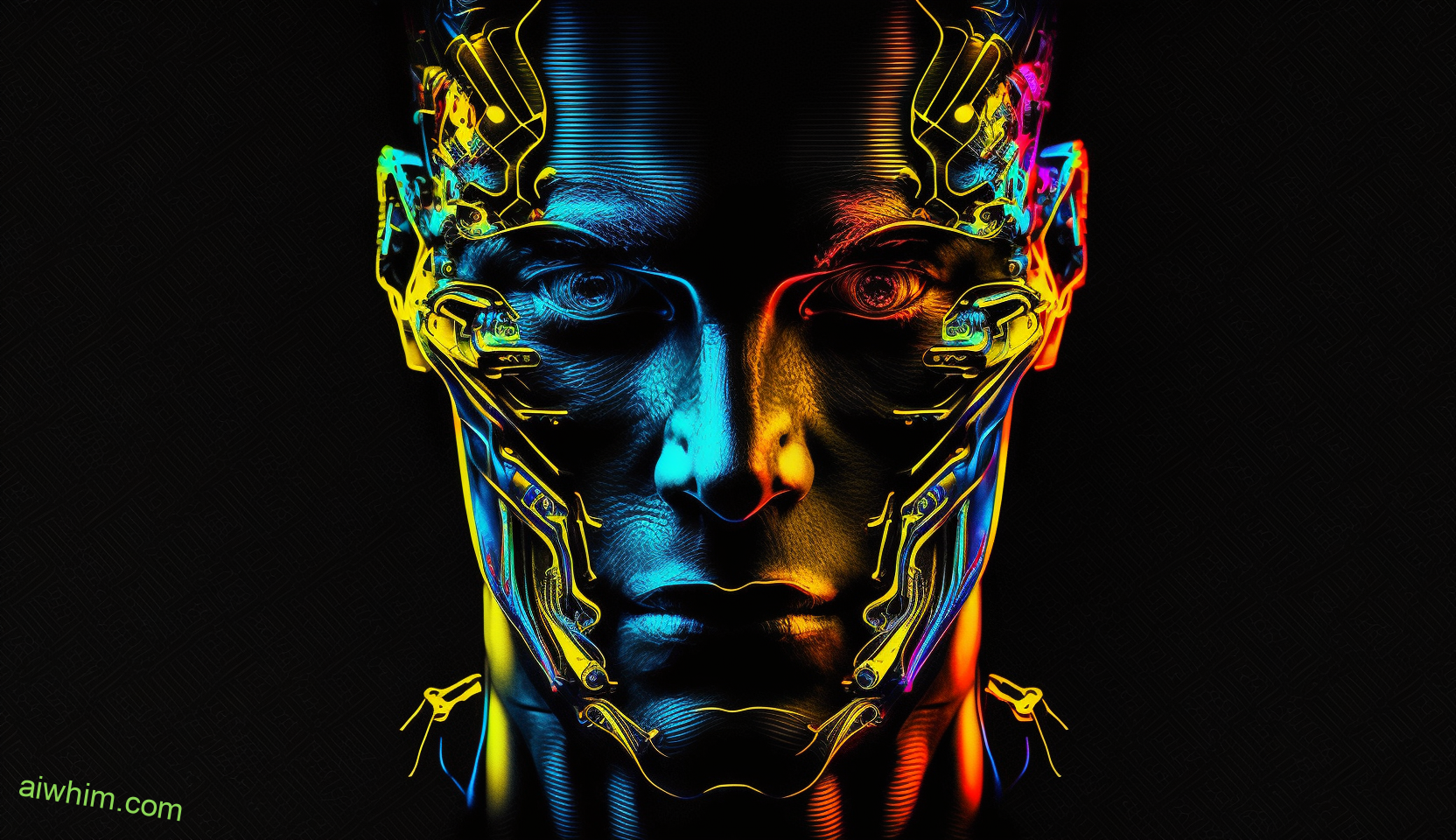
Ethical Considerations in AI-Assisted Investigations
You should be mindful of the ethical implications that arise when AI is used to assist investigations. While AI technology has the potential to revolutionize the field of criminal investigations, it also raises important questions about privacy concerns and the potential for abuse.
One of the main ethical implications of using AI in investigations is the issue of privacy. As AI systems gather and analyze massive amounts of data, there’s a risk of infringing upon individuals’ privacy rights. For example, using AI to monitor social media or track individuals’ online activities may violate their right to privacy, as it involves collecting and analyzing personal information without their consent.
Another concern is the potential for bias in AI algorithms. AI systems are trained using vast amounts of data, which can inadvertently reinforce existing biases. If these biases aren’t addressed and corrected, they can lead to unfair and discriminatory outcomes in investigations. For example, if an AI system is trained on biased data, it may disproportionately target certain communities or individuals, leading to unjust outcomes.
Furthermore, the use of AI in investigations raises questions about accountability and transparency. AI systems often operate as black boxes, making it difficult to understand how they arrive at their conclusions. This lack of transparency can hinder the ability to challenge or question the results produced by AI systems, potentially undermining the fairness of investigations.

AI and the Future of Evidence Collection
As technology advances, the future of evidence collection will be transformed by AI’s capabilities. AI has the potential to revolutionize forensic analysis and enhance the efficiency and accuracy of evidence collection. Here are three ways AI is impacting the field:
- Automated Analysis: AI algorithms can process vast amounts of data in a fraction of the time it would take a human investigator. This means that evidence such as fingerprints, DNA samples, and surveillance footage can be analyzed more quickly, enabling investigators to identify potential leads and suspects faster than ever before.
- Enhanced Pattern Recognition: AI-powered systems can identify patterns and correlations in evidence that may go unnoticed by human investigators. By analyzing large datasets, AI algorithms can uncover hidden connections and provide valuable insights that can aid investigations. This not only saves time but also increases the chances of solving complex cases.
- Improved Decision-Making: AI algorithms can assist investigators in making more informed decisions. By analyzing past case data, AI can provide recommendations and predictions to help investigators prioritize leads and allocate resources effectively. This can lead to more efficient investigations and better allocation of manpower.
While AI has the potential to greatly improve evidence collection, it’s important to ensure that the technology is used ethically and transparently. Safeguards must be in place to prevent biases and ensure that AI systems are accountable and fair.
Ultimately, AI can be a powerful tool in the hands of investigators, providing them with the necessary support to solve crimes and ensure the safety and freedom of individuals in society.

How AI Can Assist in Identifying Suspects
When investigating a crime, AI can analyze evidence quickly and accurately, providing valuable insights that can aid in identifying potential suspects. With the help of AI, law enforcement agencies have access to powerful tools that can revolutionize suspect identification. AI algorithms can sift through vast amounts of data, such as surveillance footage, witness statements, and forensic evidence, to identify patterns and connections that humans might miss. By harnessing the power of AI, investigators can save time and resources, ultimately leading to more efficient and effective criminal investigations.
AI’s role in suspect interrogation is equally significant. Through natural language processing and machine learning, AI can analyze suspect statements, detecting patterns of deception and identifying potential leads for further investigation. AI-powered lie detectors can track changes in facial expressions, vocal tone, and body language, providing valuable insights into a suspect’s truthfulness. This technology can help investigators make informed decisions about whether to pursue a suspect or gather more evidence.
Using AI for suspect identification and interrogation doesn’t mean replacing human detectives entirely. Instead, it serves as a powerful tool to enhance their capabilities. AI can process information at a much faster rate than humans, enabling investigators to identify suspects more quickly and accurately. Additionally, AI can analyze vast amounts of data simultaneously, detecting connections that might be overlooked by human investigators.
In the world of criminal investigation, AI offers the potential for greater efficiency, accuracy, and effectiveness. By leveraging the power of AI, law enforcement agencies can improve suspect identification and interrogation, ultimately leading to more successful investigations and safer communities.
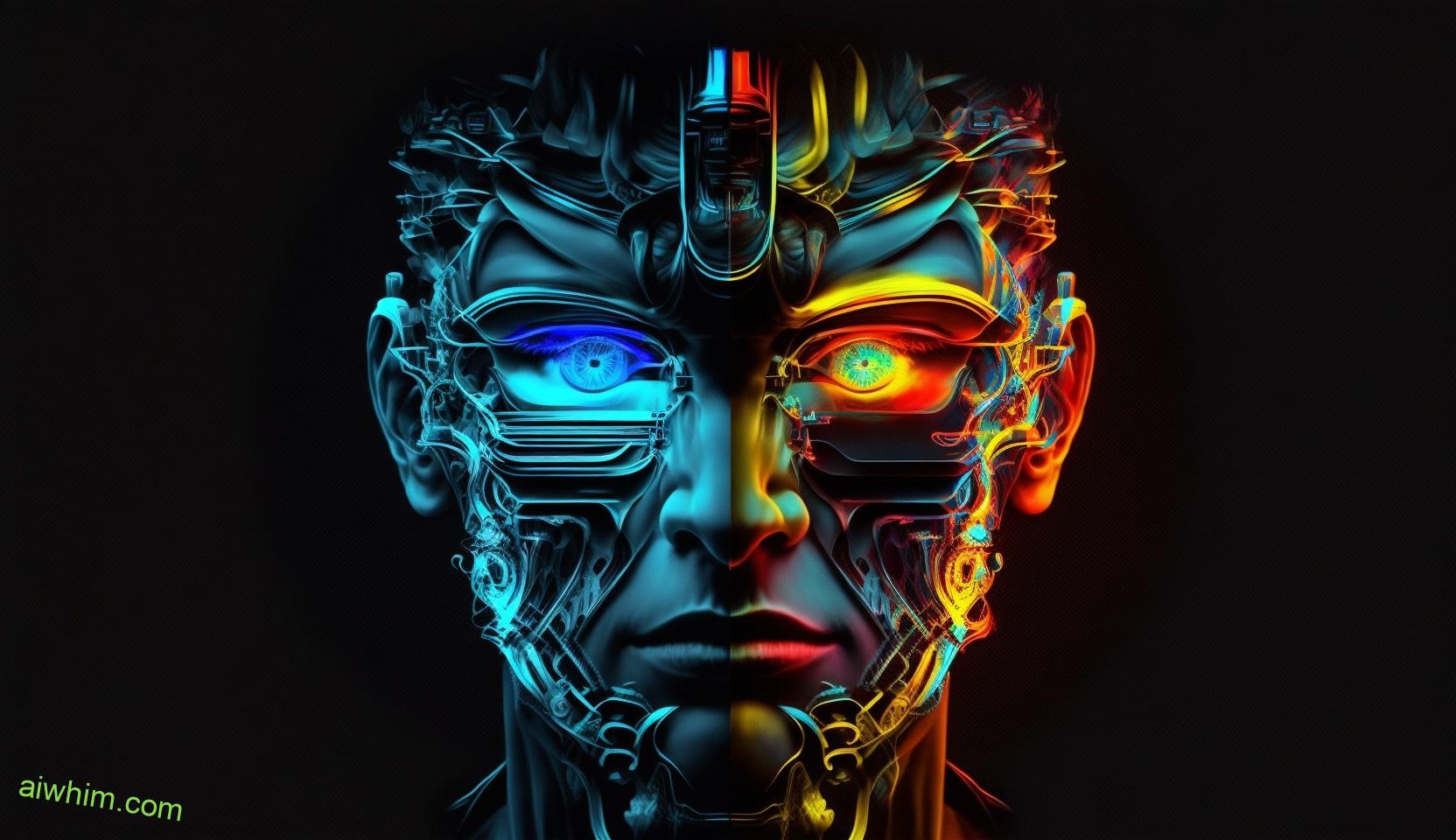
Challenges in Implementing AI in Law Enforcement Agencies
Implementing AI in law enforcement agencies presents challenges such as ensuring data privacy and security, integrating AI systems with existing infrastructure, and addressing potential biases in AI algorithms. These challenges must be carefully considered to ensure that the use of AI in law enforcement is ethical and respects the rights and freedoms of individuals.
- Data privacy and security: When implementing AI in law enforcement, it’s crucial to protect the privacy and security of the data being collected and analyzed. Measures must be in place to prevent unauthorized access or misuse of sensitive information.
- Integration with existing infrastructure: Law enforcement agencies often have complex systems in place, and integrating AI technology seamlessly can be a challenge. It’s important to ensure that AI systems work effectively with existing processes and technologies to maximize their potential in assisting law enforcement efforts.
- Addressing potential biases in AI algorithms: AI algorithms are only as good as the data they’re trained on. If the data used to train AI systems is biased or incomplete, it can lead to biased outcomes in law enforcement activities. It’s crucial to carefully evaluate and address any potential biases in AI algorithms to avoid unjust or discriminatory practices.
Ethical considerations in law enforcement are of utmost importance. While AI has the potential to greatly assist law enforcement agencies, it must be implemented in a way that respects individual rights, promotes fairness, and avoids reinforcing existing biases. Striking the right balance between technological advancements and ethical considerations is key to ensuring that AI is used responsibly and for the benefit of society as a whole.
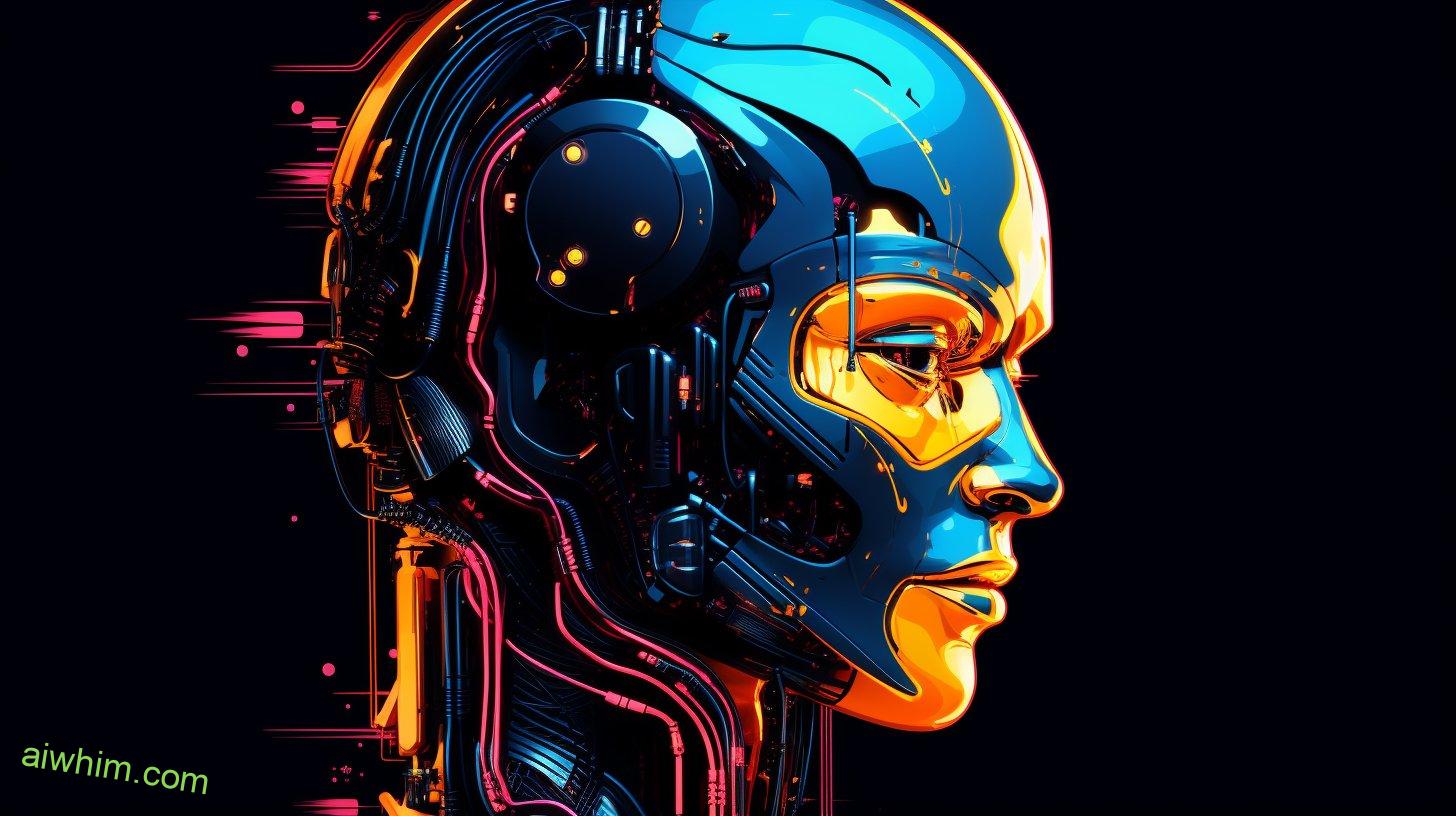
Balancing Human Expertise With AI Technology
You need to find a balance between your expertise and the use of AI technology in law enforcement to ensure the most effective and ethical outcomes.
As technology continues to advance, it becomes increasingly important to consider the implications of relying solely on AI in the field of criminal investigation. While AI can be a powerful tool, it shouldn’t replace the human element entirely.
One of the key concerns when implementing AI in law enforcement is data privacy. As an individual who values freedom, you understand the importance of safeguarding personal information. AI algorithms rely on vast amounts of data to make predictions and decisions. However, it’s crucial to ensure that this data is collected and used ethically, with strict adherence to privacy laws and regulations. By prioritizing data privacy, you can strike a balance between utilizing AI technology and upholding individual rights.
Another aspect to consider is algorithmic transparency. AI systems often make decisions based on complex algorithms that aren’t always transparent to the end-user. As someone who values freedom, you should advocate for the transparency of these algorithms. It’s essential to understand how AI systems arrive at their conclusions, especially in the context of law enforcement. By promoting algorithmic transparency, you can hold AI accountable and ensure that their decisions are fair and unbiased.
In conclusion, achieving a balance between your expertise and the use of AI technology in law enforcement requires careful consideration of data privacy and algorithmic transparency. By upholding these principles, you can ensure that the implementation of AI in criminal investigation aligns with ethical and effective outcomes.
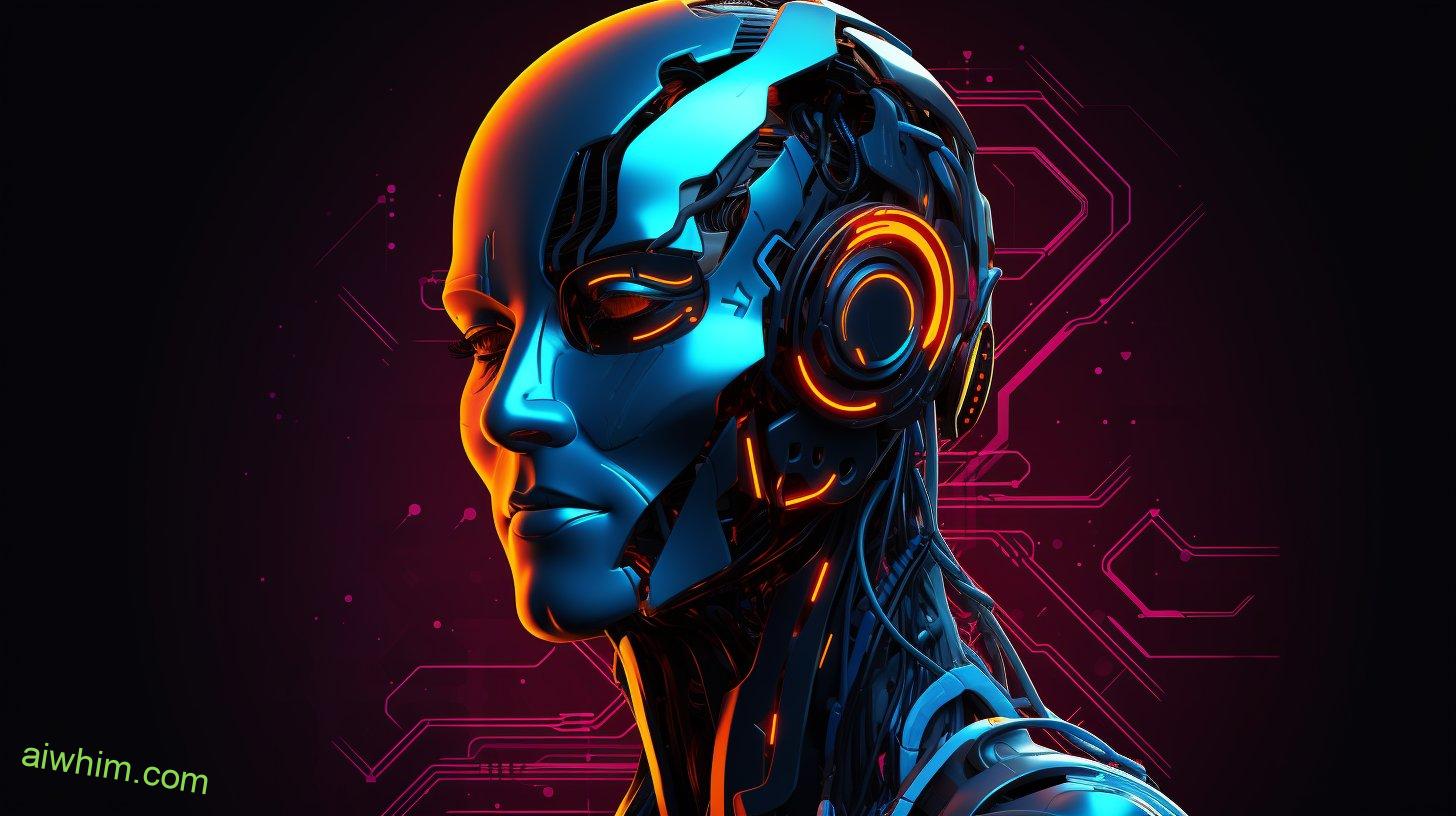
AI’s Impact on Criminal Investigation Techniques
As an expert in criminal investigation techniques, it’s important to consider how AI impacts the field and the potential benefits it brings. The future of forensic science is increasingly intertwined with artificial intelligence, which has the potential to revolutionize the way crimes are solved. However, it’s crucial to also examine the impact of AI on privacy and civil liberties.
Here are three key points to consider:
- Enhanced Efficiency: AI can process vast amounts of data and analyze it at a speed and accuracy that surpasses human capabilities. This means that investigators can quickly identify patterns, connect seemingly unrelated information, and generate leads more efficiently. The use of AI in criminal investigation techniques can significantly expedite the investigative process, leading to quicker resolutions and justice for victims.
- Ethical Concerns: While AI offers numerous benefits, it also raises concerns about privacy and civil liberties. As AI relies on data collection, there’s a risk of potential abuse or misuse of personal information. It’s vital to establish robust safeguards to protect individual privacy and ensure that AI algorithms are unbiased and transparent. Striking the right balance between utilizing AI’s power and safeguarding civil liberties is essential for maintaining a just society.
- Human Expertise: Despite the advancements in AI technology, human expertise remains invaluable in criminal investigation techniques. AI can assist investigators by providing insights and predictions, but it can’t entirely replace the intuition, empathy, and critical thinking abilities that humans bring to the table. Collaborative efforts between AI and human investigators can lead to more comprehensive and accurate results, ensuring a fair and just legal system.

Enhancing Crime Prevention With AI
By leveraging AI’s capabilities, you can enhance crime prevention methods and identify potential threats more effectively. With the power of predictive analytics, AI can analyze vast amounts of data to identify patterns and trends that humans may overlook. This allows law enforcement agencies to proactively address potential threats before they escalate into criminal activities. AI can analyze data from various sources such as social media, surveillance cameras, and criminal records, providing a comprehensive view of potential threats.
One of the key advantages of AI in crime prevention is its ability to use predictive analytics to anticipate criminal behavior. By analyzing historical crime data, AI algorithms can identify patterns and indicators that often precede criminal activities. This allows law enforcement agencies to allocate resources more efficiently and focus on areas with a higher risk of crime. By deploying AI-powered solutions, you can effectively prevent crimes and protect communities.
Furthermore, AI can enhance crime prevention methods through data visualization. By presenting complex data in a visual format, AI enables law enforcement agencies to quickly interpret and understand the information. This empowers them to make informed decisions and take immediate action. Data visualization also enables agencies to communicate effectively with the public, fostering a sense of transparency and trust.
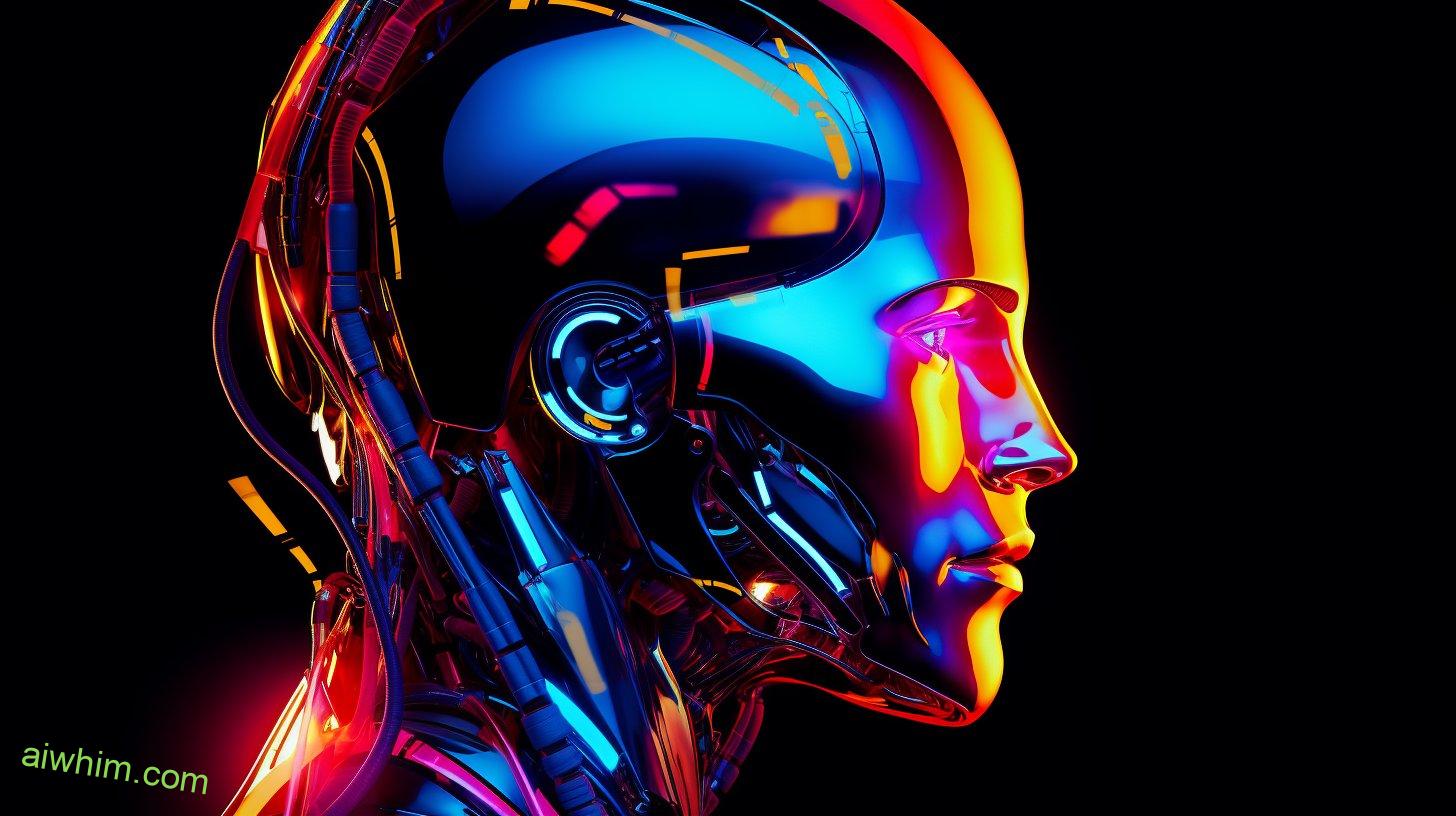
AI’s Potential in Predictive Policing
Now, let’s delve into the potential of AI in predictive policing and how it can revolutionize crime prevention.
Imagine a world where law enforcement can anticipate crimes before they even happen, allowing for proactive measures to be taken. With the power of AI, this futuristic concept is becoming a reality.
- Improved resource allocation: Predictive policing algorithms analyze vast amounts of data, such as historical crime patterns, socioeconomic factors, and even weather conditions, to identify areas at high risk of criminal activity. By pinpointing these hotspots, law enforcement can allocate their resources more effectively, ensuring that patrol officers are present where they’re most needed. This targeted approach maximizes the impact of crime prevention efforts.
- Early intervention and prevention: AI-powered predictive policing goes beyond just reacting to crimes. It enables law enforcement to intervene before an offense is committed. By identifying individuals who are at a high risk of becoming involved in criminal activity, authorities can provide them with the necessary support and resources to steer them away from a life of crime. This proactive approach not only prevents future offenses but also offers individuals a chance at redemption.
- Reducing bias and promoting fairness: AI algorithms rely on objective data analysis, removing human bias from the equation. This ensures fairness in identifying areas or individuals at risk, as well as in the allocation of resources. By embracing AI in predictive policing, we can strive for a more equitable criminal justice system, where every individual is treated fairly, regardless of their background or ethnicity.
Embracing AI in predictive policing holds immense potential for crime prevention. By harnessing the power of technology, we can work towards a safer society where law enforcement agencies can effectively combat crime while respecting the freedom and rights of all individuals.

Overcoming Bias in AI-Driven Investigations
Imagine a world where the use of AI in investigations allows for a more unbiased approach, ensuring fairness and accuracy in the criminal justice system. Overcoming bias is a crucial step towards a more just society. Through the implementation of AI-driven investigations, we can minimize the impact of human prejudices and ensure that justice is served based on evidence and facts, rather than personal beliefs or societal stereotypes.
AI has the potential to revolutionize the way investigations are conducted. By analyzing vast amounts of data without being influenced by personal biases, AI systems can provide valuable insights and help uncover hidden patterns that may have been overlooked by human investigators. This unbiased approach not only improves the accuracy of investigations but also ensures fairness for all parties involved.
To understand the impact of AI in overcoming bias and ensuring fairness, let’s take a closer look at some key aspects:
| Aspect | AI’s Contribution |
|---|---|
| Evidentiary | AI can analyze evidence objectively, without being influenced by personal biases or emotions. |
| Decision-making | AI algorithms can make decisions based on data and predefined rules, eliminating the potential for biased judgments. |
| Risk assessment | AI can assess the risk associated with individuals or situations based on objective criteria, minimizing the influence of subjective factors. |
| Resource allocation | AI can optimize resource allocation, ensuring that investigations are conducted efficiently and fairly. |
| Transparency | AI systems can provide transparent and auditable decision-making processes, allowing for accountability and the identification of potential biases. |
In a world where AI-driven investigations are embraced, we can move closer to a justice system that is truly fair and unbiased. Overcoming bias is a crucial step towards achieving this goal, and AI has the potential to be a powerful tool in ensuring fairness and accuracy for all. Let us embrace the possibilities that AI brings and work towards a future where justice is blind to prejudice and embraces freedom for all.
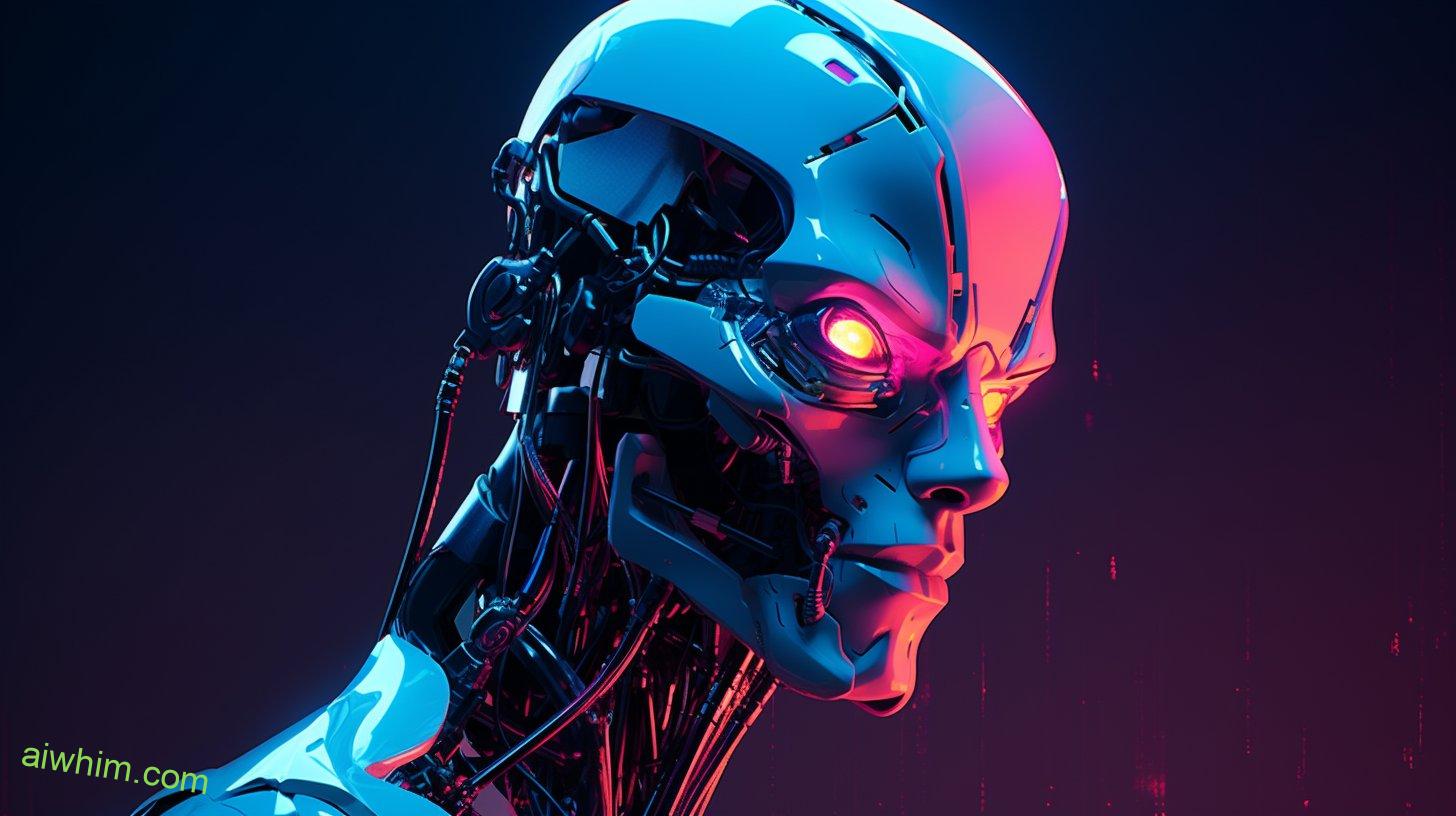
The Human Element: Why Detectives Are Still Essential
You play a crucial role in investigations as a detective, bringing a unique perspective and intuition that AI systems can’t replicate. Your detective intuition allows you to connect dots, spot patterns, and make connections that may not be obvious to others. Your human judgment is based on years of experience, instincts, and an innate understanding of human behavior.
Here are three reasons why your role as a detective is still essential:
- Contextual Understanding: As a detective, you’ve the ability to understand the nuances of a case and the people involved. You can analyze the motives, emotions, and intentions behind a crime, which helps paint a more complete picture. Your intuition allows you to ask the right questions, dig deeper, and uncover hidden truths that AI may miss.
- Adaptability and Flexibility: AI systems rely on data and algorithms to make decisions, but real-life investigations often require adaptability and flexibility. You can adjust your approach based on new information, change tactics when necessary, and think outside the box. Your detective intuition allows you to pivot, improvise, and navigate complex situations that AI systems may struggle with.
- Empathy and Connection: As a detective, you aren’t just solving crimes, but also dealing with people. Your ability to build rapport, gain trust, and empathize with victims, witnesses, and suspects is invaluable. Your human judgment allows you to read body language, detect deception, and understand the emotions behind someone’s actions. AI systems may have information, but they lack the emotional intelligence to truly connect with people.
In a world where AI is advancing rapidly, your detective intuition and human judgment are irreplaceable. Your unique perspective and understanding of the human element will continue to be vital in solving crimes and bringing justice to those affected. Keep honing your skills, trusting your instincts, and embracing the freedom that comes with being a detective.
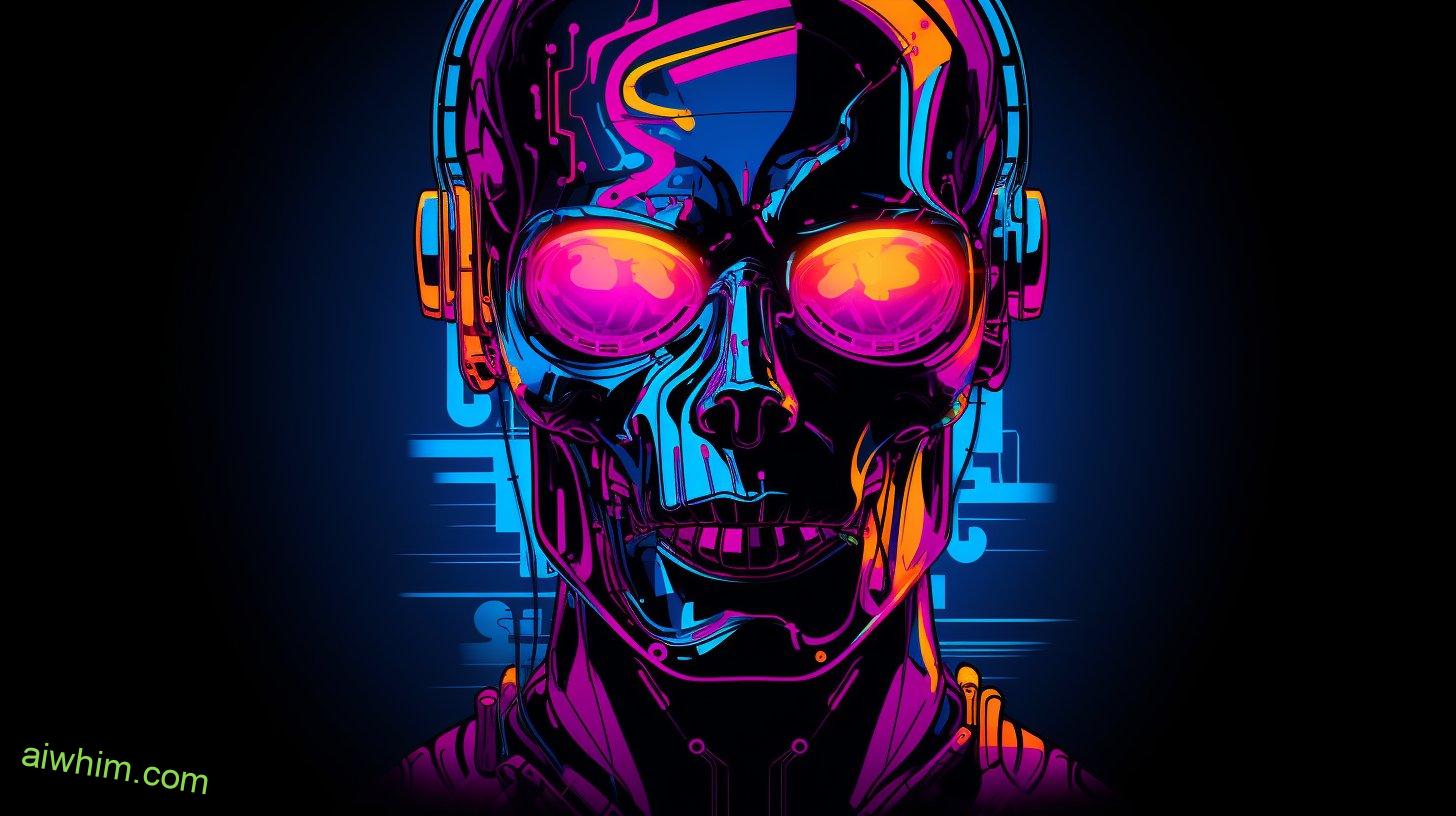
Frequently Asked Questions
What Are Some Ethical Considerations in AI-Assisted Investigations?
When considering ethical implications of AI-assisted investigations, it’s important to address fairness and privacy concerns. You should be aware of how AI algorithms may impact the fairness of outcomes and the potential invasion of privacy during investigations.
How Can AI Assist in Identifying Suspects?
Using AI to enhance forensic evidence analysis is like having a superpowered magnifying glass. It can process vast amounts of data quickly, using AI-powered predictive modeling to help identify suspects more efficiently than ever before.
What Are the Limitations of AI in Complex Criminal Cases?
When it comes to complex criminal cases, AI has limitations. While it can assist in data analysis and identify patterns, it may struggle with interpreting nuanced forensic evidence. So, human detectives and investigators are still crucial.
How Does AI Impact Criminal Investigation Techniques?
AI revolutionizes criminal investigation techniques by enhancing forensic analysis and reducing human error. It’s like having a super-smart partner who never gets tired or makes mistakes. Embrace the power of AI. Freedom awaits.
How Can Bias Be Overcome in AI-Driven Investigations?
To overcome bias in AI-driven investigations, you must address the challenges in implementing AI for investigative purposes. By ensuring transparency, accountability, and diverse data sources, you can mitigate bias and uphold freedom in the process.

Conclusion
In conclusion, while AI has made significant advancements in criminal investigation, it can’t entirely replace the skills and instincts of human detectives. The human element, with its intuition, empathy, and ability to think outside the box, remains essential in solving complex cases.
Although AI can assist in detecting patterns and analyzing data, it’s crucial to remember that justice ultimately depends on the collaboration between technology and human expertise.

